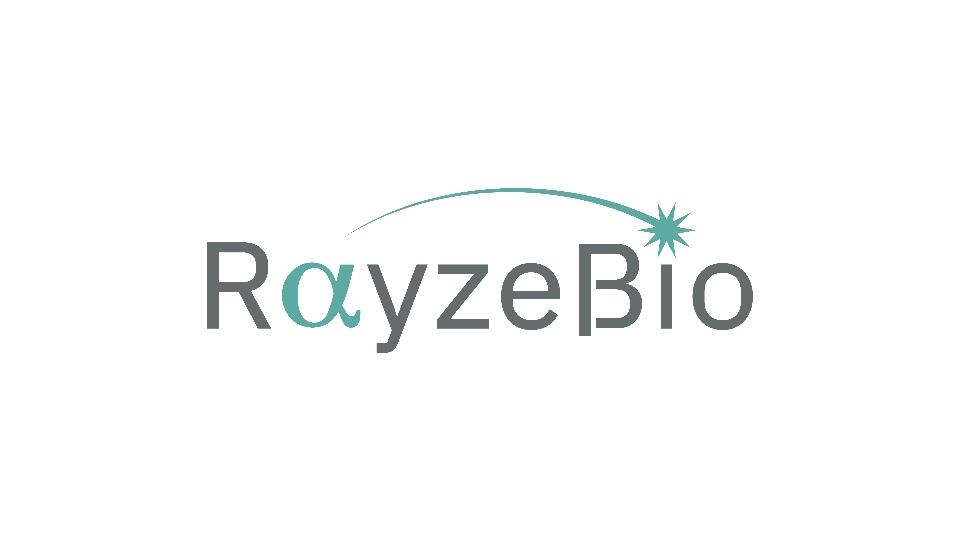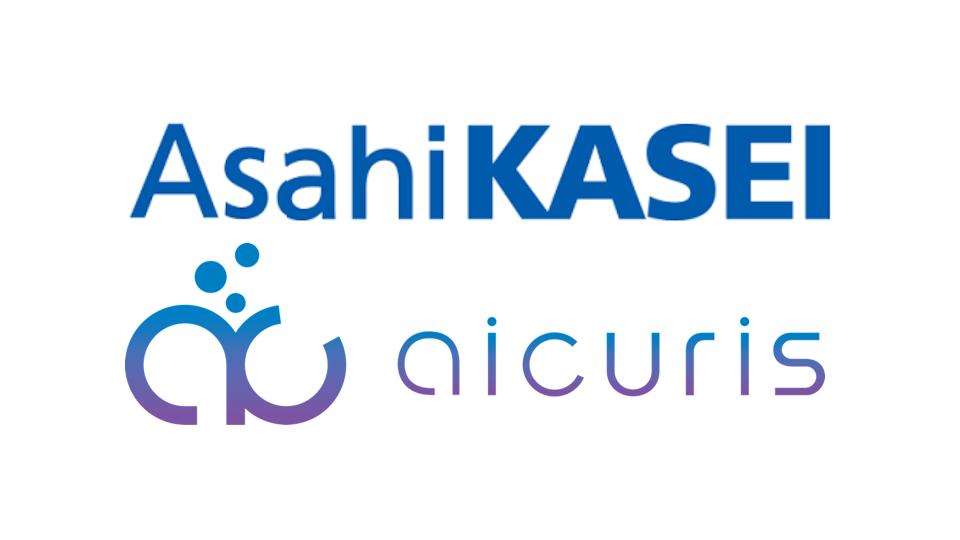BMS strikes again, with $4.1bn RayzeBio takeover bid

Bristol-Myers Squibb is having a busy holiday period, signing a $4.1 billion deal to acquire cancer drug developer RayzeBio – its second multibillion-dollar M&A deal in the space of a week.
BMS is paying $62.50 per share in cash for San Diego-based RayzeBio and its pipeline of radiopharmaceuticals for solid tumours – including a late-stage candidate for neuroendocrine tumours (NETs) – with the deal valued at $3.6 billion net of RayzeBio’s cash reserves.
It is also the second major acquisition by BMS under recently appointed chief executive Chris Boerner, who took over the leadership of the company in October. Last week, BMS announced a $14 billion buyout of Karuna Therapeutics, vying to take control of a recently filed schizophrenia therapy that it reckons has multibillion-dollar sales potential.
The activity is part of an effort to prepare for the loss of patent protection for a number of BMS’ big-selling brands in the next few years, including cancer immunotherapies Opdivo (nivolumab) and Yervoy (ipilimumab) and anticoagulant Eliquis (apixaban) which will all face biosimilar or generic competition by the end of the decade.
Radiopharmaceutical therapies bind to tumour cells and deliver targeted radiation to induce cancer cell death, and are gathering momentum as a treatment strategy in oncology.
RayzeBio’s pipeline includes SSTR2-targeting RYZ101, in phase 3 for NETs and phase 2 for extensive-stage small cell lung cancer (ES-SCLC), along with GPC3 and CA9 candidates in early-stage development for liver and kidney cancers.
If the deal goes through, BMS will enter a market that is currently dominated by Novartis, which already sells two radiopharma drugs – Lutathera lutetium (Lu 177 dotatate) for NETs and prostate cancer treatment Pluvicto (lutetium Lu 177 vipivotide tetraxetan) – and has a string of additional candidates in clinical trials for solid tumours.
RYZ101 will not go head-to-head with Lutathera in the market, at least initially, as RayzeBio’s phase 3 trial is focusing on gastroenteropancreatic NETS in patients who progress after treatment with Novartis’ Lu 177 therapy.
RayzeBio’s radiotherapies use a different radioisotope – Actinium-225 (Ac225) – which the company says causes damage that is less likely to be repairable by cancer cells, and so more likely to cause cell death without the development of resistance.
“Acquiring RayzeBio’s differentiated actinium-based radiopharmaceutical platform will establish Bristol Myers Squibb’s presence in one of the most promising and fastest-growing new modalities for the treatment of patients with solid tumours,” said Samit Hirawat, BMS’ chief medical officer.
“In addition, RayzeBio’s platform has the potential to be a significant [Investigational New Drug] engine, generating several therapeutic candidates in the future by leveraging our global drug development capabilities and infrastructure.”
RayzeBio went public earlier this year in an IPO that raised $311 million from the sale of shares at $18 apiece, and rose steadily to around $30 before doubling on news of the BMS deal. The takeover is expected to close in the first half of 2024, subject to financial regulatory reviews.













